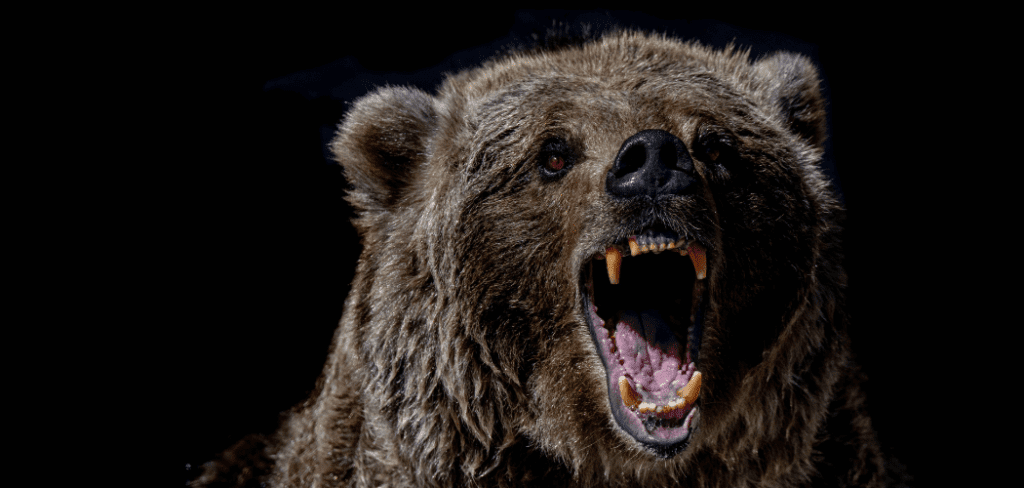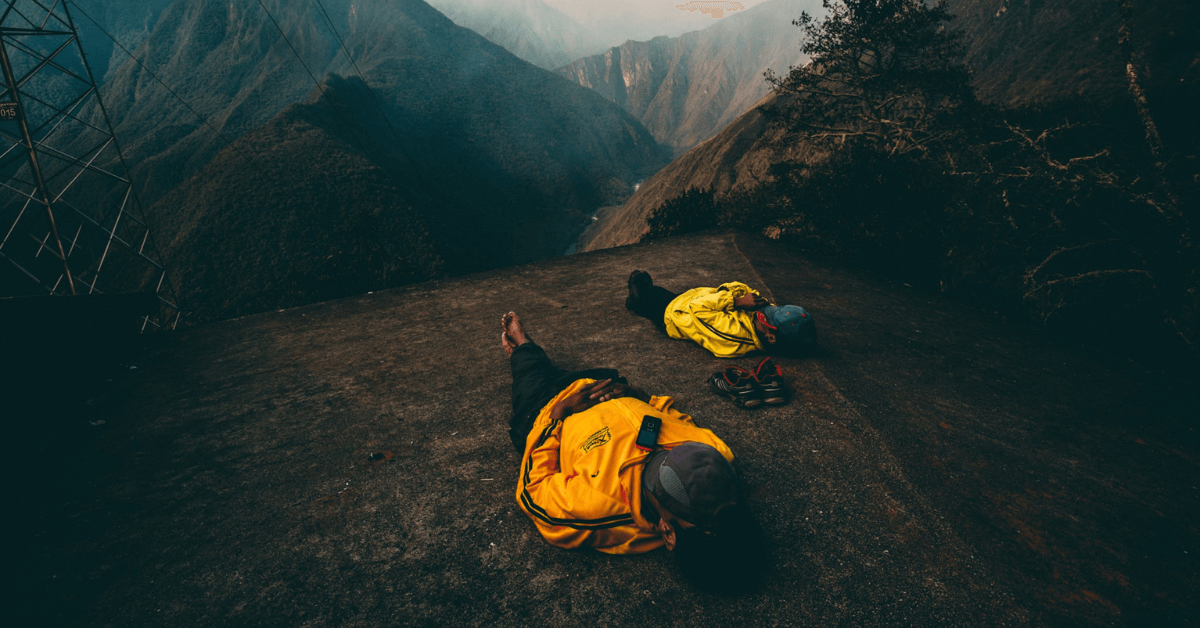Animals and humans have coexisted for centuries, but at times, these interactions can be dangerous. One situation where the risk of an animal attack is particularly high is when a human is sleeping. Whether it’s a camper in the wilderness or a person sleeping in their own backyard, the vulnerability of being asleep can make a person an easy target for an animal.
In this article, we will explore the reasons why animals may attack sleeping humans, which animals are most likely to do so, and what steps can be taken to prevent such attacks.
The History of Animals Attacking Sleeping Humans
Humans have always had to contend with wild animals, from the time our ancestors roamed the savannahs to the present day. While the majority of animal-human interactions are harmless, there are instances where animals can pose a significant threat to human life.
According to the World Health Organization, around 200,000 people worldwide are killed or injured by wild animals each year. While the majority of animal attacks on humans occur in rural areas, urban areas also pose a risk as human development continues to encroach on wildlife habitats.
Do Animals Attack Sleeping Humans?
Animal attacks on humans while they sleep are rare, but they can happen. Understanding the reasons why animals may attack, which animals are most likely to do so, and what steps can be taken to prevent such attacks, can help people reduce their risk of being a victim. Campers and outdoor enthusiasts should also be familiar with the local animal activity and be prepared to react appropriately in case of an attack.
Reasons Animals Attack Sleeping Humans
Animals may attack humans while they sleep for a variety of reasons. One of the most common reasons is the animal’s need for food. Wild animals, such as bears, may be attracted to campsites and other human-inhabited areas because of the presence of food. In these cases, the animal may attack a sleeping person in an attempt to acquire food.
Another reason animals may attack humans while they sleep is that they feel threatened. For example, a mother animal may attack if she feels her young are in danger. Additionally, some animals, such as crocodiles and sharks, may attack humans while they sleep because they mistake them for their natural prey.
Animals Most Likely to Attack Sleeping Humans
Some animals are more likely to attack humans while they sleep than others. These include bears, sharks, crocodiles, and snakes. Each of these animals has specific characteristics and behaviors that make them more likely to attack humans.
Bears are known to be attracted to campsites and other human-inhabited areas because of the presence of food. They have an acute sense of smell, and they can smell food from miles away. They are also known to be aggressive when they feel threatened or if they are protecting their young.
Sharks, on the other hand, may attack humans while they sleep because they mistake them for their natural prey. They are known to be attracted to areas where there is a lot of fish and other sea life. They are also known to be more active at night.
Crocodiles and alligators are known to live in freshwater and saltwater environments respectively. They are known to be aggressive and territorial, and they may attack humans while they sleep if they feel threatened. They are also known to be more active at night.
Snakes, like crocodiles, are known to be more active at night. They may attack humans while they sleep if they feel threatened or if they are protecting their young.
Preventing Animal Attacks

There are several steps that can be taken to prevent animal attacks while sleeping. One of the most important is to properly store food and other attractants. This means keeping food in airtight containers and keeping campsites clean. Additionally, setting up a tent or shelter in a location that is away from known animal habitats can also reduce the risk of an attack. Knowing the signs of animal activity, such as tracks or droppings, can also help prevent an animal attack.
Another important step in preventing animal attacks is to be familiar with local emergency services and to have a way to contact them in case of an emergency. Using bear pepper spray or a loud noise can also deter an animal.
Animal and Human Activities: Human activities such as deforestation, urbanization, and pollution, have disturbed the natural habitat of wild animals and has led to an increase in the human-wildlife conflict. The loss of natural habitat has forced animals to come in contact with human settlements in search of food, and this increases the likelihood of animal attacks.
Related: What To Do If A Bear Is Sniffing Around Your Tent
Risk factors for animal attacks on sleeping humans: There are several factors that can increase the risk of an animal attack on a sleeping human. These include location, season, and human behavior. For example, camping in a remote wilderness area increases the risk of an animal attack, as does sleeping in an area where animals are known to be active.
The risk of an animal attack also increases during certain seasons, such as when bears are looking for food before hibernating. Human behavior also plays a role in animal attacks, as carelessly storing food or leaving food scraps around can attract animals to a camping site. Similarly, activities such as hunting, fishing, and farming can also increase human-wildlife interactions.
Measures to prevent animal attacks
Properly storing food and other attractants, properly setting up a tent or shelter to reduce the risk of an attack, and knowing how to react in case of an emergency are some of the steps that can be taken to prevent animal attacks while sleeping. It is also important to be aware of local animal activity and to take steps to reduce the risk of an attack.
For example, setting up a tent or shelter in a location that is away from known animal habitats can help reduce the risk of an attack.
In addition to these measures, it is also important to be familiar with local emergency services and to have a way to contact them in case of an emergency. This can include carrying a whistle or a loud noise-making device, which can be used to deter an animal.
Additionally, it is important to understand the behavior of the animals that are most likely to attack and to be aware of the signs of animal activity, such as tracks or droppings.
Conclusion – Do Animals Attack Sleeping Humans?
In conclusion, while animal attacks on humans while they sleep are rare, they can happen. By understanding the reasons why animals may attack, which animals are most likely to do so, and what steps can be taken to prevent such attacks, people can reduce their risk of being a victim. It is also important to be aware of local animal activity and to be prepared to react appropriately in case of an attack.
Campers and outdoor enthusiasts should also be familiar with the local animal activity and be prepared to react appropriately in case of an attack. And finally, it’s important to remember that animals are wild creatures and can be unpredictable, so it’s always best to take precautions and be prepared for any situation.
